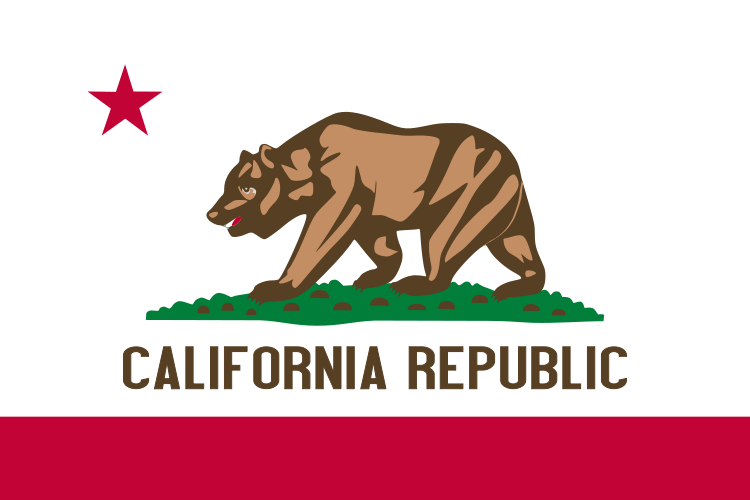 When I moved to California in 1988 I had this notion that it never rains, and sure enough it didn’t rain from the date I arrived (June 1) through November. In fact we were in a drought. To paraphrase Spock sometimes having is not as good as wanting.
When I moved to California in 1988 I had this notion that it never rains, and sure enough it didn’t rain from the date I arrived (June 1) through November. In fact we were in a drought. To paraphrase Spock sometimes having is not as good as wanting.
It has always bothered me that the state does not have an effective form of government, where budgets require a 2/3 majority and the initiative process delivers generally cruddy legislation (cf, Props 1a, 5, 13, 99, 187, etc). My favorite was SF Proposition BB in 1993 when Officer Bob Geary managed to garner enough signatures for this lovely question, “Shall it be the policy of the people of San Francisco to allow Police Officer Bob Geary to decide when he may use his puppet Brendan O’Smarty while on duty?” And he won.
I grew up in a state where an honest politician stayed bought (NJ), but our roads and bridges were maintained and our school systems remained relatively competitive. In the meantime, California’s infrastructure degraded at a time of great prosperity, where people invested in their SUVs, Wiis, and wide screen TVs (not to mention prisons), with only a modest break when Grey Davis (who otherwise was quite awful) drove resources into the schools.
Now with California having the highest foreclosure rate in the country we already see the crisis of municipalities cutting services, and schools are next in line. My friends in Asia think the U.S. is finished. They think that our reputation is so tarnished, and our finances so wrecked, that we will not recover in our lifetimes. They may be right.
While Obama or McCain might be able to fix our reputation, no matter who wins tonight, California, the 5th largest economy in the world, cannot expect the federal government to fix the above messes that Californian citizens made. Whether Prop 8 passes is absolutely insignificant compared to what has to happen to get things on the right track. To me that includes an overhaul of the taxing policies, review of how we fund our schools, opportunistic use of emminant domain to fix public transportation and power distribution, and most of all, a fix to the initiative system, which should be a last resort, and one that requires a super-majority to prevail.
So sure! Get out and vote. But then think about real change in California. It will take a lot of work.
 As I wrote previously, when you throw mud you had better make sure that your aim is true, and that you are pretty clean yourself. The McCain/Palin ticket cannot make either claim, and the results are in. An Washington Post/ABC Poll has Senator Obama now leading by 10%. This would be the official “I told you so”. There are perhaps other reasons why the Republicans are doing poorly, like the fact that Senator McCain’s message is not well received by a majority of Americans, or that he is viewed as part of the old guard that caused many of the problems we faced today.
As I wrote previously, when you throw mud you had better make sure that your aim is true, and that you are pretty clean yourself. The McCain/Palin ticket cannot make either claim, and the results are in. An Washington Post/ABC Poll has Senator Obama now leading by 10%. This would be the official “I told you so”. There are perhaps other reasons why the Republicans are doing poorly, like the fact that Senator McCain’s message is not well received by a majority of Americans, or that he is viewed as part of the old guard that caused many of the problems we faced today. Showing vision and poise in the face of a serious global financial crisis is the sign of a true leader, and that will earn Barack Obama a slightly larger bump in the polls than he has now, probably another 2 to 4%. But we can then expect the race to tighten slightly at the end of the month. I predict nationally that Obama will win with an 8% margin, nationally. This says nothing about the electoral college count. I’ll leave that to others.
Showing vision and poise in the face of a serious global financial crisis is the sign of a true leader, and that will earn Barack Obama a slightly larger bump in the polls than he has now, probably another 2 to 4%. But we can then expect the race to tighten slightly at the end of the month. I predict nationally that Obama will win with an 8% margin, nationally. This says nothing about the electoral college count. I’ll leave that to others. We’ve already talked about how banking deregulation contributed to the current debacle. Now comes
We’ve already talked about how banking deregulation contributed to the current debacle. Now comes